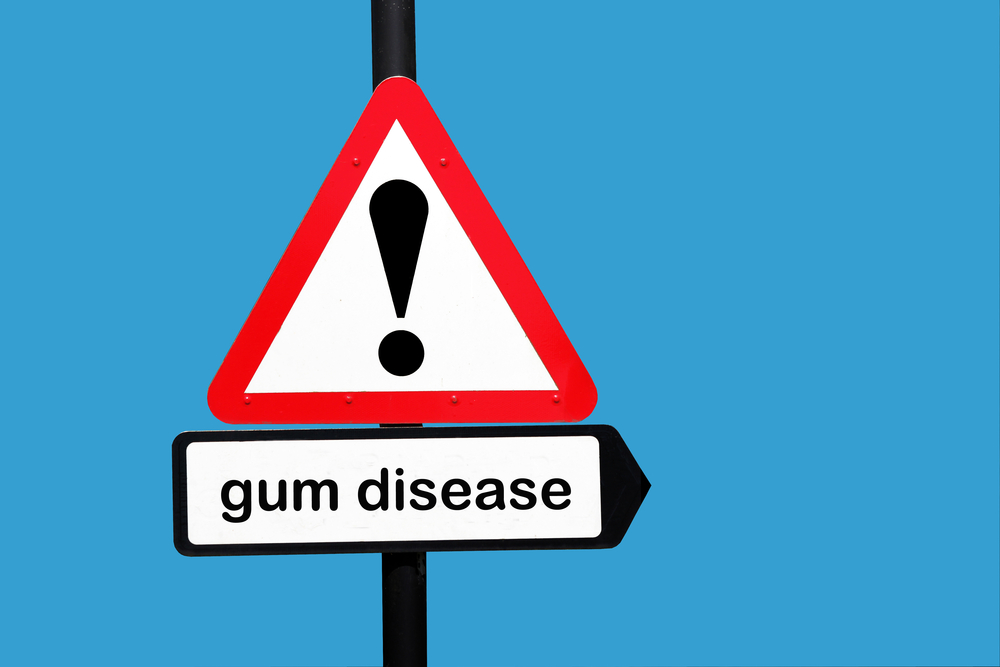
Gum disease is not discriminatory – it can affect any one at any age. While it is true that gum disease is more prevalent in people over the age of 30, anyone is susceptible.
Without treatment, gum disease can turn into periodontitis. Periodontitis is a greater infection of the gums, and the tissues that surround and support your teeth. If you get to this stage of gum disease, you may lose your teeth and your jaw bones could turn weak and become damaged.
Gum diseases can be hereditary – so it is important to know your dental history. If you are a candidate of being susceptible to gum diseases based in family history, you should be taking extra preventative measures to ensure you do not become someone with gum disease or periodontitis. Along with being hereditary, girls and women are at higher risk during their menstruation or during pregnancy. The hormones can make the gums sensitive and prone to the attack of periodontitis.
Everyone should be aware of gum disease and periodontitis, though, because one of the most common reasons for the gum diseases is lack of oral maintenance. Taking good care of your teeth – brushing at least twice daily and flossing will prevent diseases to a large extent. Oral hygiene is important to escaping gum diseases, but so is sleeping well and being stress free. Your body has a hard time fighting diseases when you are stressed, so take care of yourself physically and mentally.
If you need quick tips to take preventative measures, below are usually helpful:
– brush two times a day
– floss daily
– use toothpaste with fluoride
– use soft toothbrush, replace them once at least every 3 months
– eat healthy
– don’t use tobacco products
– visit your dentist regularly
Set up a dental consultation with your provider to ensure you are doing your best at taking care of your teeth. Your dentist is always there for you no matter what questions you may have. Be sure to maintain the best oral health you can, and you will be doing the most you can to prevent gum diseases.


